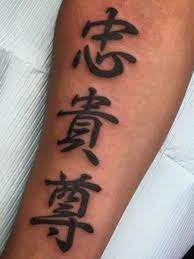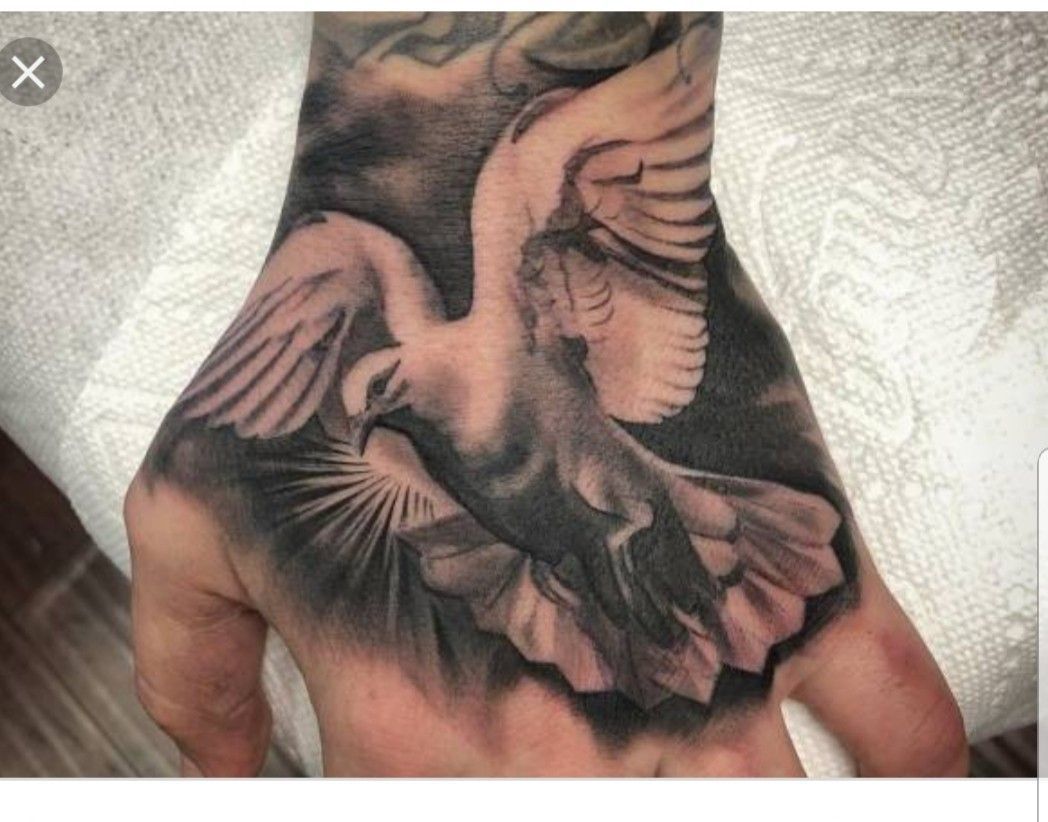
Japanese Culture and Snake Tattoos:
Japanese culture celebrates snake tattoos as symbols of wisdom and protection from illness or bad omens. They also symbolize rebirth, renewal, bravery, and courage. Firefighters often get snake Tattoos to demonstrate their dedication in a work environment where death could be imminent.
Maneki Neko – Good Fortune Cat:
Maneki Neko, or “Good Fortune Cat,” is an iconic symbol representing good luck and prosperity in Japanese irezumi art.
The Phoenix – Symbol of Reincarnation:
The Phoenix is another beloved motif in Japanese tattoos, representing reincarnation and immortality.
Geisha – Beauty and Culture:
Geishas are highly esteemed for their beauty, art, and culture. They represent female power and femininity as symbols.
Tattooing a Geisha:
Tattooing a geisha is a way to represent Japanese culture and art, showing admiration for the Japanese aesthetic. Geisha tattoos can be done in a realistic style with detailed shading and coloring techniques to create a lifelike depiction.
Floral Tattoos:
Flower Tattoos have long been associated with femininity and beauty. They also signify life’s fleetingness and are prevalent in Japanese Irezumi-style tattoos. Different flowers hold various meanings. Poppies, for example, represent remembering loved ones who have passed on.
Chrysanthemum – Elegance and Happiness:
The chrysanthemum, known as the “King of Flowers” in Japanese culture, represents elegance, royalty, happiness, friendship, and longevity.
Lotus Blossoms – Purity and Enlightenment:
Lotus blossoms grow from muddy waters and symbolize purity and enlightenment.
Tree Tattoos:
Trees symbolize strength and growth and often hold religious, spiritual, or personal meaning. They also provide an evocative backdrop for storytelling and can inspire feelings of mystery.
Evergreen Trees – Symbol of Longevity:
Evergreen trees make an excellent tattoo choice to symbolize longevity and endurance. They can also serve as a tribute to loved ones who have passed away.
Ebisu – Symbol of Good Luck:
Ebisu is one of the Seven Lucky Gods and symbolizes good luck. He is often depicted smiling and serves as the patron deity for fishermen and traders.
Skulls in Japanese Culture:
Skulls are widely celebrated symbols in Japan, representing an appreciation for the cycle of life and death. They can be a tribute to loved ones who have passed away.
The symbolism of Purple in Japan:
Purple symbolizes power and wealth in Japan. Upper-class members traditionally wore it, representing respect and reverence for nature.
Kirin – Yokai Creature:
Kirin, a creature similar to unicorns, is popular in Japanese tattoos. They are considered ecologically friendly yokai creatures and signify new beginnings after experiencing difficulties.
Yakuza Tattoos and Rich Culture:
Tattoos associated with Yakuza culture and history express their rich culture and heritage. Yakuza Tattoos are a way for the Japanese to express themselves and uphold honor and ethics.
Beloved Yakuza Tattoos:
One of the most beloved Yakuza Tattoos is of a Bodhisattva, a Buddhist figure representing spiritual development and selflessness. Tigers also provide an iconic motif, symbolizing courage and strength.

